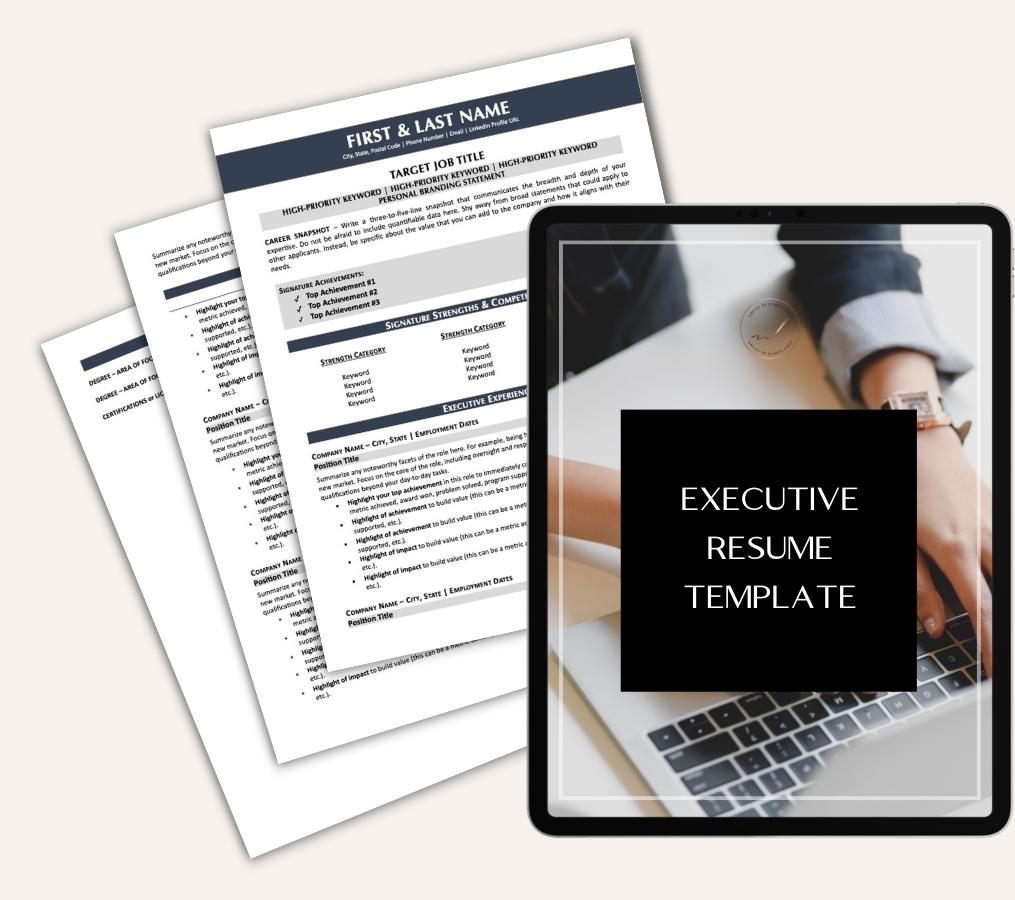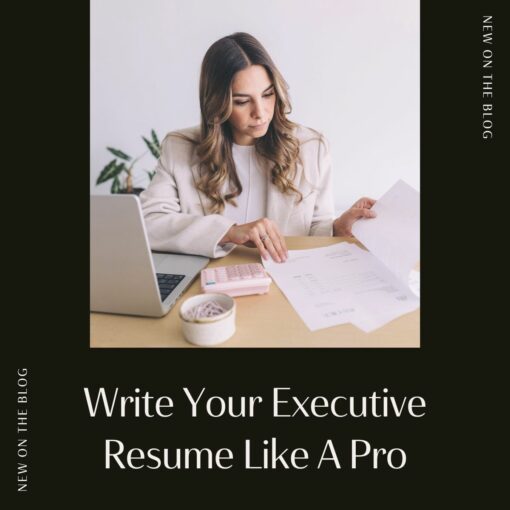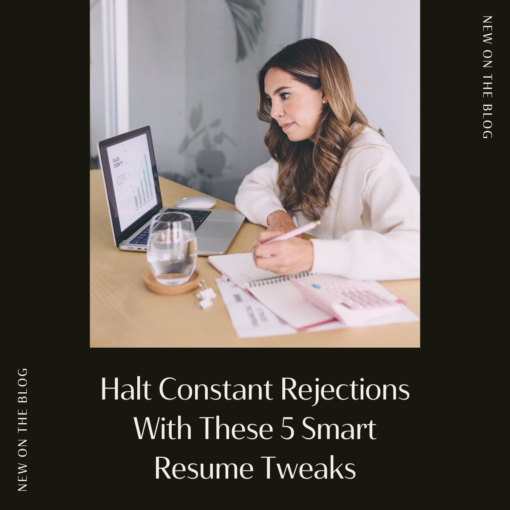Have You Bought Into These Resume Myths?
It seems that “advice” on how to structure your resume is everywhere, with varying opinions from numerous sources.
In today’s competitive job market, it makes more sense than ever to ensure that your resume is in top shape.
Unfortunately, many resume ideas that should have been cast aside years ago still seem to float around, and taking them as truth can actually impede your success.
Take a look at these 5 long-standing myths, and check your resume against them to ensure you’re using cutting-edge techniques:
MYTH #1: Employers want absolutely every detail of your background.
REALITY: Hiring managers need to see relevance in the information you’ve provided.
If you’re focused on presenting yourself as a sales professional, for example, the fact that you have run a cash register at a summer job may not be helpful to the reader. Conversely, a list of your sales training would actually be of use in that same scenario.
Remember that overloaded resume screening systems and HR personnel can’t make sense out of extraneous information. Instead, highlight crucial qualifications that can help employers make a hiring decision.
After settling on one career goal for your resume, tie your background directly to the role you seek with the keywords, skills, and accomplishments required for success in the new job.
Relevance is also the key to creating a personally branded resume, which re-weights information according to how it qualifies you for your goals.
MYTH #2: A resume should contain your job descriptions so employers can tell what you did.
REALITY: Most professional jobs have the same description. Differentiation is key.
If you to want to stand head and shoulders above your competition, then skip the lengthy and mundane descriptions of your jobs. Focus instead on how you solve problems, and the results you have gained.
Employers already know that mortgage professionals handle loan paperwork, and that engineers solve complex analytical problems. Rather, describe how your work affected the company’s revenue or how the project was delivered on time.
It’s easier for employers to see how hiring you will make a difference if you talk about quantifiable accomplishments, as well as the strategies you used to achieve them.
MYTH #3: A resume should be no longer than a single page in length.
REALITY: A concise, well-written resume can still take up 2 or even 3 pages.
It’s hard to believe this concept is still in use, as it simply doesn’t make sense for anyone with more than 8 years of experience. In fact, it’s nearly impossible to deliver a true picture of your strengths and achievements into a single page, unless you are an early-career job seeker.
Worse yet, people who’ve held on to this idea tend to cram as much as possible into one page–making the document limited AND hard to read.
Today, many resumes fill up 2 pages, with a third page for many executives and IT professionals.
A word of caution, however: don’t forget relevance! Stick to facts of your career history that you can tie directly to your career goals.
MYTH #4: Add all of your skills, training, and experience to your resume so that employers can see every job you’re qualified to perform.
REALITY: Flooded with resumes, no one has time to connect your skills to their needs.
A “general” resume, as you’ll find, will rarely get calls for interviews, simply because employers can’t figure out how your background will benefit them.
If you were hiring a Marketing Director, and reviewed a resume showing skills in IT, operations, marketing, and sales, what would you think? You’d certainly prefer the candidate whose resume tells you in no uncertain terms that marketing is his area of expertise.
Creating your resume around a specific job tells companies why you’re qualified to solve their business problems, and how your work history, training, and special abilities will add up to a solution for them. That’s a powerful draw.
MYTH #5: A resume summary should display many of your “soft” skills.
REALITY: Employers need facts that exemplify the reasons you are qualified for your target role.
While your work style is an important qualifier, it isn’t as helpful to HR managers as your credentials. Keep it short and straightforward–employers aren’t impressed by a long paragraph of fluff.
Use a concise profile paragraph to give facts that might otherwise be buried elsewhere, such as your MBA, certifications, or expertise in a particular industry. If you must add soft skills, show how these have made you successful in your work.
Skip tired phrases, such as “team player” or “self-motivated.” After all, most applicants fit this description–or they should!
In summary, a powerful resume is often the key to a shorter, more successful job search. Pulling out differentiating factors will help you build a personal brand–and distinguish yourself as the perfect candidate.
| Laura Smith-Proulx is a Certified Career Management Coach, Certified Professional Resume Writer, and Certified Interview Coach who opens doors to prestigious jobs for senior-level professionals and executives through the use of personal branding techniques. The Executive Director of An Expert Resume, her work has received international recognition as a global award nominee and contributor to career bestsellers. |
Share this post:

About the author
Jessica Hernandez, President, CEO & Founder of Great Resumes Fast
Hi, I’m Jessica. I started this company back in 2008 after more than a decade directing hiring practices at Fortune 500 companies.
What started as a side hustle (before that was even a word!) helping friends of friends with their resumes has now grown into a company that serves hundreds of happy clients a year. But the personal touch? I’ve kept that.
You might have seen me featured as a resume expert in publications like Forbes, Fast Company, and Fortune. And in 2020, I was honored to be named as a LinkedIn Top Voice of the year!
I’m so glad you’re here, and I can’t wait to help you find your next perfect-fit position!
1 Comments
Leave a Comment
Improve Your Resume: Download Your Free Executive Resume Template Today
Are you struggling to create an executive resume that will impress employers? Download this free executive resume template and receive a series of 10 emails with expert guidance on how to write resume content that resonates with employers so you get more interviews.
It's everything you need to stand out, make an impression, and accelerate your job search.









Very True, i believe the same.